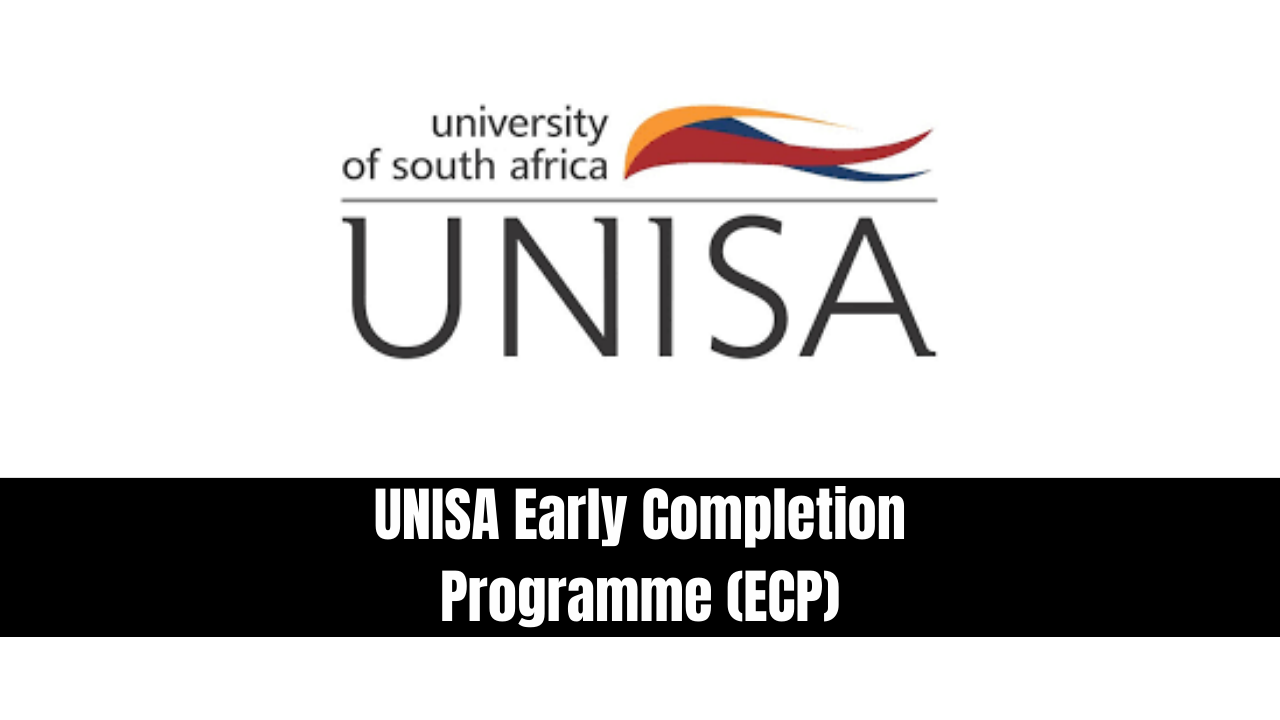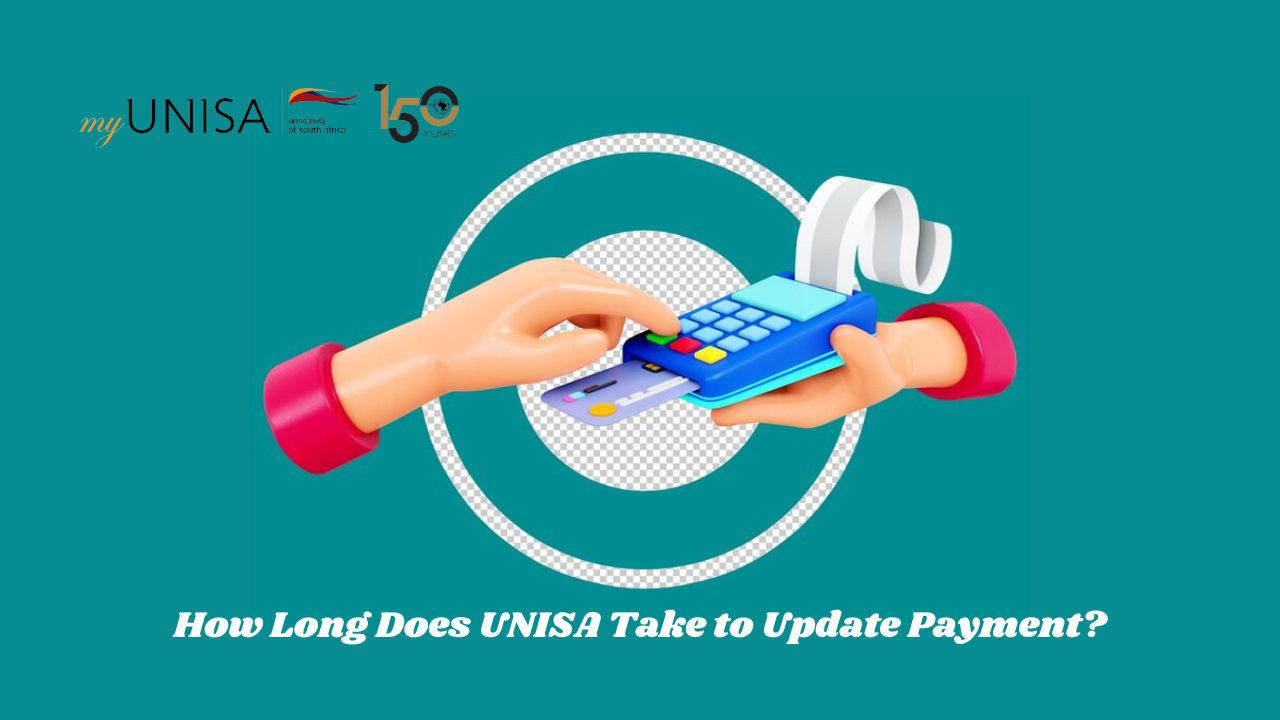UNISA To Be Placed Under Administration. University of South Africa (UNISA) has faced mounting challenges, ranging from financial woes to administrative inefficiencies.
As one of the largest universities in Africa, UNISA holds a crucial role in providing accessible higher education to a diverse student body. However, amidst its significant contributions, the institution has struggled to maintain stability and effectiveness.
UNISA To Be Placed Under Administration
Blade Nzimande has placed UNIS Aunder administrative control. Having dissolved the institution council, he made this announcement.
Current State of UNISA
UNISA, with its sprawling infrastructure and extensive distance-learning programs, has historically been a beacon of hope for many seeking quality education.
However, internal mismanagement, budget deficits, and governance lapses have tarnished its reputation in recent times. The university’s financial woes have been exacerbated by declining enrollment rates and inadequate government funding, leading to a vicious cycle of operational challenges.
Call for Administrative Intervention
Given the gravity of UNISA’s challenges, there’s a growing consensus among stakeholders that decisive action is imperative. Placing the university under administration emerges as a viable solution to stem the tide of crises and initiate much-needed reforms.
Under administration, an appointed team of experts could conduct a comprehensive audit, identifying root causes of inefficiency and devising strategies for sustainable improvement.
Potential Benefits Of Administration
- Financial Stabilization: An administrative intervention would entail rigorous financial scrutiny, helping to plug leakages and streamline budgetary allocations. This process could pave the way for long-term fiscal sustainability, ensuring that UNISA remains financially viable in the years to come.
- Enhanced Governance: With a mandate to overhaul governance structures, administrators can implement measures to enhance transparency, accountability, and ethical standards across the institution. Clear lines of authority and robust oversight mechanisms would foster a culture of integrity and professionalism.
- Operational Efficiency: By conducting a top-to-bottom review of administrative processes and academic programs, administrators can identify redundancies, inefficiencies, and areas for improvement. Streamlining operations and leveraging technology can enhance service delivery and academic quality.
- Reputation Restoration: Restoring UNISA’s reputation as a premier educational institution is paramount. Through strategic communication and proactive engagement with stakeholders, administrators can rebuild trust and confidence in the university’s ability to fulfill its educational mandate.
Addressing Concerns And Challenges
While the prospect of placing UNISA under administration holds promise, it’s not without its challenges and concerns.
Skepticism regarding external intervention, potential resistance from entrenched interests, and ensuring continuity of academic activities are among the hurdles that must be addressed proactively. However, with strong leadership, stakeholder collaboration, and a clear roadmap for reform, these obstacles can be overcome.
Conclusion
Placing UNISA under administration represents a critical juncture in the university’s trajectory. It offers a pragmatic approach to tackle deep-rooted challenges and chart a course for renewal and revitalization.
By prioritizing financial stability, governance reform, operational efficiency, and reputation restoration, administrators can lay the groundwork for UNISA to reclaim its position as a beacon of excellence in African higher education.
As stakeholders deliberate on the way forward, the imperative for action becomes increasingly apparent—only through decisive intervention can UNISA realize its full potential and continue its mission of empowering minds and transforming lives.






